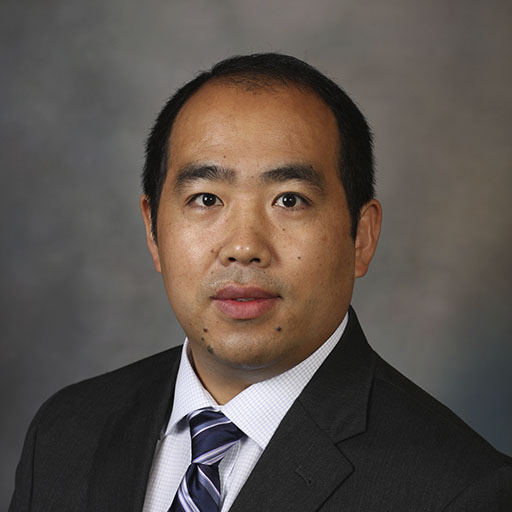
Apart from the acute illness caused by SARS-CoV-2, it is now clear that a significant percentage of patients develop long term conditions post COVID-19, including systemic and respiratory symptoms. Given the catastrophic spread of SARS CoV-2 infection globally, there are many individuals that recover from acute COVID-19 and develop permanent impairment in lung function which can cause exertional dyspnea, fatigue (due to chronic hypoxia), and other limitations. This number will become even larger as SARS-CoV-2 continues to spread. Therefore, there is an urgent need to understand the mechanisms underlying the development of chronic respiratory sequelae of COVID-19 to develop preventive and therapeutic interventions. In this grant, Dr. Sun’s group and their collaborators at the Mayo Clinic aim to unravel the driving mechanisms and identify potential therapeutic targets of chronic lung sequelae following COVID-19.
To achieve this goal, they willenroll a group of COVID-19 convalescents that are expected to develop chronic lung sequelae after prior severeacute disease and a control population that completely recovered from previous mild or non-symptomaticCOVID-19 infection. The study team will conduct comprehensive clinical examination supplemented by quantitative chestCT imaging and pulmonary function testing to determine clinical and pathophysiological characteristics of thetwo populations. The study team will collect longitudinal blood and bronchoalveolar lavage fluid (BAL) to obtain immune,molecular, and viral profiles in COVID-19 convalescents and controls. This unique approach integrating systemic and respiratory clinical, pathophysiological, cellular, molecular, and viral profiles of control or COVID-19 convalescents will be highly compelling for future druggable target discovery. The study team also plans toestablish a mouse modelof chronic lung sequelae post-acute COVID-19, and employ system biology tools to integrate mouse and human data forvalidation of mechanistic links and discovery of new insights and/or targets for therapeutic interventions.
The successful completion of the study is expected to generate unprecedented insights on clinical, viral, and immune traits of pulmonary sequelae, and will identify key causal immune mechanisms and therapeutic targets against chronic lung diseases post-acute COVID-19.
